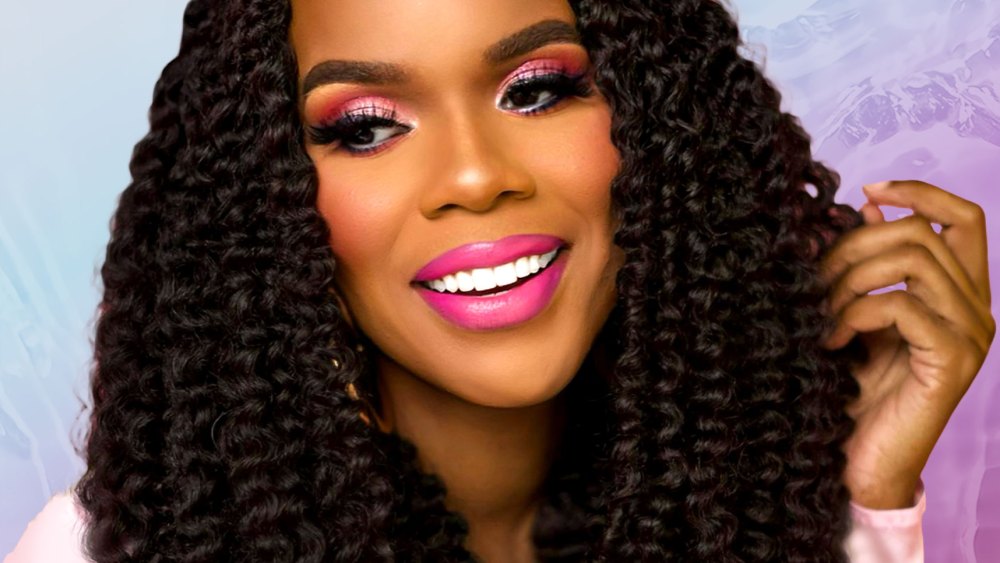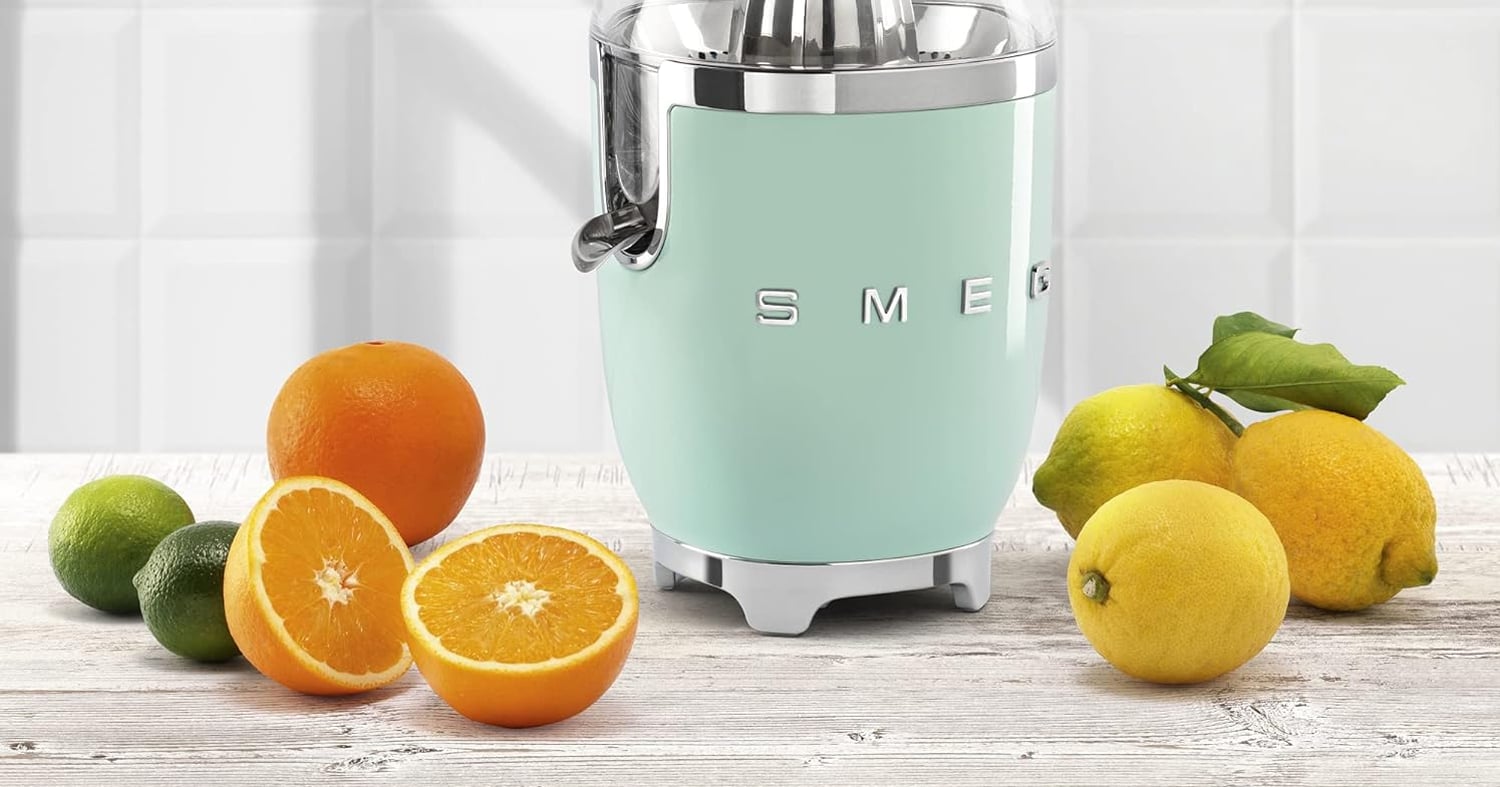In the United States, nearly half of women report birth as traumatic. A sad statistic that underlies a true problem in how women receive care and education. It’s no wonder women are stressed about giving birth. It’s a risk in general, but in particular in the US, where the maternal mortality rate is more than double, sometimes triple that of most other high-income countries. And that stress takes hold of many women, but in particular, Latines.
Hispanic women have seen the largest maternal mortality rate increase from 2020 to 2021, up 54 percent, according to the Centers of Disease Control and Prevention. (This increase was the biggest annual rise seen amongst groups between 2014 and 2021.) Historically, Hispanic women have lower maternal mortality rates compared to Black women, but that doesn’t account for Black Latines, who face specific challenges that layer culture and race. Latines, as a whole, are dealing with a multitude of considerations that can weigh heavily, including language barriers, lack of trust of the healthcare (and governmental) systems, and culture incompatibility.
“There are numerous studies and surveys that show that Latine women face challenges with communication due to language barriers or do not feel comfortable communicating their concerns with their healthcare providers,” says Asima Ahmad, MD, MPH, FACOG, co-founder and chief medical officer of Carrot Fertility, a global fertility healthcare and family-forming benefits provider. “CDC data from 2023 showed that 37 percent of Hispanic women experienced discrimination and 45 percent of women held back from discussing concerns or answering questions.”
Beyond medical conditions, “it is important to note that someone’s ethnic or racial background can also play a very important role in the way their pregnancy and postpartum journey will be. Culture and expectations of what this journey should be like, need to be understood and integrated into their healthcare experience,” says Dr. Ahmad. “Unfortunately, with the current model of the healthcare system, there are gaps that exist and many of their cultural nuances are not understood or addressed.”
Doulas, or a non-medical professional who provides guidance for childbirth, can help bridge this divide – and take away some of the mental stress that many Latines face. “I always like to say that what makes a doula different is that she provides physical and emotional advocacy, all that kind of support, but is also your personal coach slash sister slash abuela slash auntie,” says Martha Lerner, a Cuban doula based in South Florida with 10+ years of experience. She notes that the doula is your constant. Whereas a medical professional like an ob-gyn or midwife has a scope of practice to make sure you are medically safe and cared for, doulas typically provide more ongoing support before, during, and after labor. They are on-call for all your needs in terms of support, including helping with the mental load that accompanies the birthing journey.
Cultural Competency Makes a Difference
When Cuban-Ecuadorian content creator Lissette Calveiro was looking for additional support during the pregnancy of her first child, cultural awareness was crucial. “In doing all this research, I obviously stumbled upon all the sad maternal death stats that really largely affect women of color and how little support there is, usually in the hospital system,” she says. Because of this, and because she wanted as much information as possible (without fear mongering) and as low-intervention of a birth as possible, Calveiro decided to hire a doula. “It was important for me that when I was looking for a doula, that it was also a woman of color because that context of understanding that sometimes the hospital system doesn’t treat us [equally] was really important,” she tells PS.
Lerner notes that there are also many ways doulas provide support for Latines that are culturally specific. Many times, doulas can help Latines advocate for their birth plans amongst their own families, which can sometimes be different than expected cultural or family practices or go against the well-meaning intentions of members, including (and primarily) matriarchs. “I feel like I’m a good bridge to try to help both sides understand each other,” she says.
“When you are serving someone that’s of your same culture, you both become different people and you really sink into the heart of who you are.”
Explanations of birthing practices to healthcare providers are super helpful for generational-focused families like Latines. As Dr. Ahmad points out, in Latin culture, the first 40 days after birth is the “cuarentena” period. “During this time, women stay home with the baby while their family and support system care for them. This is to optimize their recovery, both physical and mental health and time with their baby,” she says. Communicating with medical professionals about this expectation (should the parents choose to observe it) is important for mothers and their medical teams, and doulas can work to support this. Doulas can also work to support this period in general with postpartum follow-ups timed to what a mother feels comfortable with.
And of course, language is a huge component. For starters, while many younger Latines are often English dominant, parents and grandparents might need translation services, which doulas can provide (sometimes better or with more availability than hospitals can, or in a way that isn’t rushed). “There’s often a gap where most of the hospital staff doesn’t speak Spanish,” says Lerner. “So I’m kind of translating for the abuelas and saying, okay, everything’s fine. This is what they said, and this is what your daughter wants, and this is the conversation we’re going to have, and so that they understand and they’re not fearful.” Secondly, it’s often important for birthing Latines to have someone there with an understanding of both languages, for moments of pain or in celebration. “Spanish is my first language. So if I was in a situation where I’m screaming in pain, possibly, maybe I want to speak Spanish, maybe I just need someone who’s bilingual,” says Calveiro. “My mom was also coming to assist the birth. And I wanted the doula to be able to communicate with my mom in Spanish. That was really one of the biggest things.”
For Latines, doulas who are culturally competent or a part of the culture themselves can help on another, more intimate level. “When you are serving someone that’s of your same culture, you both become different people and you really sink into the heart of who you are,” says Lerner. If a Latine doula is serving a Latine client they may find themselves speaking Spanish or doing things that their mom did to make them feel better as a kid, Lerner says. “When you are of that culture and it’s second nature to provide that way, it just comes out and it’s lovely that you don’t have to filter it.” She also notes that she does work with many birthing parents from all different cultural backgrounds, and understands that the level of comfortability with intimacy or touching is different for every client. “It’s beautiful in its own right, and it’s wonderful and lovely, but it’s very different from what my instinct is to do as a Cuban,” she tells PS.
Accessibility Can Be a Deterrent, But There Are Options
Ultimately, doulas can provide a ton of support – mentally, culturally, physically and emotionally, but that support to some feels out of reach. A recent survey by Carrot Fertility reveals that 35 percent of Hispanic mothers struggle with the high cost of maternal care compared to 21 percent of white mothers, and 43 percent of Hispanic mothers cite cost as a barrier to seeking mental health support. With doulas having different pricing and offering different levels of support, it can often add a layer of complexity to your birthing journey, especially on a quest to find someone with whom you’ll need to have a level of trust and intimacy. Calveiro notes that she found her doula through social media, searching for Denver-based Doulas, which led her to Lucina Rising BirthWork. “I had no context of how much a doula cost, but because I really interviewed people who had transparent pricing and services, I was able to kind of understand that it would be a four figure investment,” she says. She notes that her experience finding those who were upfront and transparent about pricing isn’t always the norm.
In the end, she went with a doula who could provide a lot of the emotional support she sought, along with advocacy of her labor plan. Calveiro had an unmedicated home birth, so while her husband was helping her through painful contractions via hip squeezes and other exercises to counteract the pain, her doula was communicating with the medical team and ensuring the environment was conducive for labor. “So for example, I had a moment where I was in the bathtub probably for eight hours, honestly, and she brought in these beautiful lights and music and was really just trying to make it as conducive and as relaxing of an environment as possible,” Calviero says. Her doula is also a birth photographer, and as Calveiro is a content creator who also wanted photos for her family, she was happy to have.
Lerner, also a birth photographer, notes that Latines can seek doulas who offer sliding scales and can work with your budget – it’s not always an all or nothing deal. Dr. Ahmad emphasizes that for many people who have to pay out of pocket for doula support, it may be considered a luxury and is not something financially attainable. But more employers are offering doula support as a financial benefit, and in some cases, you can gain doula support at a state level through Medicaid. “If it’s not currently covered through their employer, sometimes it’s that one person who raises their voice and advocates for change,” she says. “So I encourage all people to talk to their employers about this as a benefit.”
In the end, doulas can really help attain the level of care that Latines want, and deserve – and keep them alive, mentally sound, and well-supported. “It’s almost like having a friend and an advocate, which is very, very valuable in pregnancy,” says Calveiro. “Having someone who you could talk to lean on and then know that they’ve got your back and you don’t have to worry about it, just takes such a big load off your plate.”
Samantha Leal is a lifestyle writer, editor, and editorial consultant who writes about beauty, wellness, travel, drinks, and more – basically, all the good things in life. She’s held editorial roles at The Knot, Latina magazine, Marie Claire, and Well+Good, and she’s written for PS, Bustle, Vogue, Teen Vogue, Glamour, Travel + Leisure, Byrdie, StyleCaster, The Zoe Report, and more.




